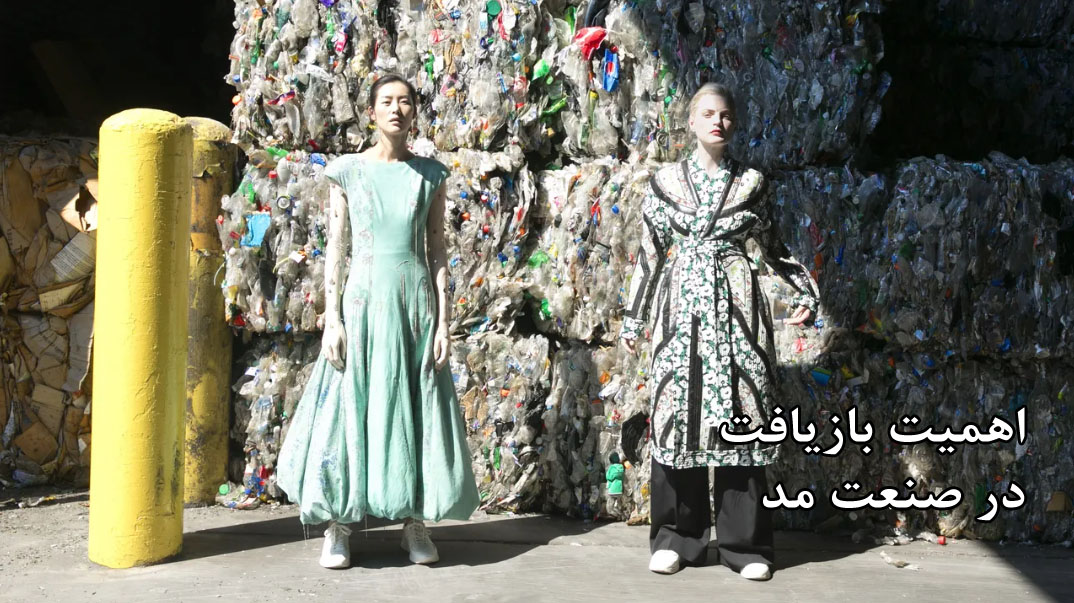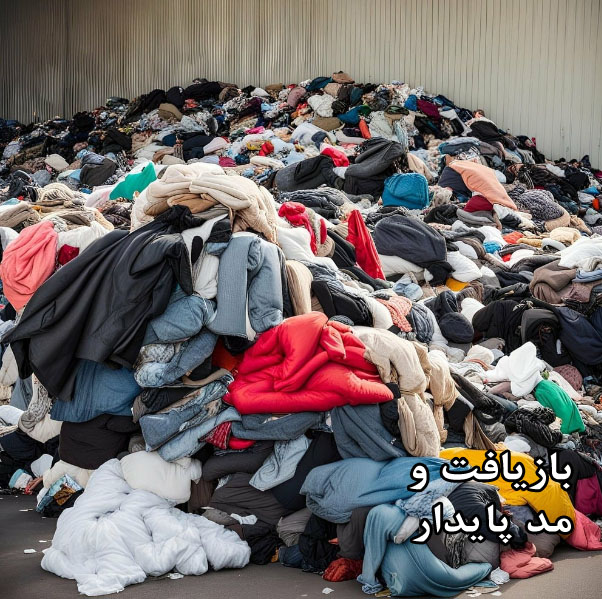
bonyadi magazine
New Ellen MacArthur Foundation report urges more industry and government action oncircularity
The Ellen MacArthur Foundation has released its ‘Pushing the Boundaries of EPR policy for textiles’ report with the campaigning group setting out why mandatory, fee-based extended producer responsibility (EPR) is a must
It said it’s a “necessary part of the solution to build a circular economy for textiles and to achieve this on a global scale, we need unprecedented collaboration across governments”.
The foundation said that around the world, “the vast majority of textiles (more than 80%) leak out of the system when they are discarded: they are incinerated, landfilled, or leaked into the environment” with textiles waste being “a direct consequence of our linear economic system”.
Collection infrastructure for textiles is undeniably underdeveloped, with the foundation claiming separate collection rates average 14% and reach a maximum of only 50%. And it added that even sorted used clothing creates a problem with more than 80% of reusable clothing that's collected being exported after sorting, “creating a disproportionate waste management burden on importing countries”.

In fact, in 2021, most exports were generated by just 16 countries. And the global used clothing trade leads to a disproportionate waste management burden on importing countries, as well as having massive social consequences in those locations.
Clearly, the foundation wants the industry to step up and take more responsibility but also governments to make this mandatory.
So what might that mean? The OECD defines EPR as an environmental policy approach in which a producer’s responsibility for a product is extended to the post-consumer stage of the product’s lifecycle. Under EPR legislation, businesses that place products on the market become responsible for managing their products when they’re discarded by consumers. In the case of textiles, that means brands, retailers and online marketplaces having responsibility – which could be financial, organisational, or both.
To fix the current “leaky system”, the foundation is calling for separate collection infrastructure for textiles to be “scaled up dramatically and implemented in locations where it currently does not exist”.

At the moment, “the economics for separate collection and recirculation of textiles do not stack up,” we’re told. So EPR policies “must be pushed to go beyond traditional focuses on ‘downstream’ measures, such as waste management and recycling, to meet the challenge of textile waste”.
It believes that a comprehensive circular economy approach is the “only solution that can match the scale of this global problem. In this system, businesses contribute to supporting infrastructure in proportion to what they place on the market. Funding is essential to cover the net cost associated with managing all discarded textiles and not just those with a high market value”.
Increased circularity
The foundation is essentially highlighting the need for the whole fashion system to become much more circular.
That means models like rental and resale becoming the norm. It also means products and the materials designed and manufactured to be disassembled so that they can be reused, remade and recycled (such as the thinking behind Coach’s launch of its Coachtopia line).
It's also important that the use of virgin resources is minimised and that products and their materials are free from hazardous substances so their production and use doesn't discharge such substances into the environment.
The foundation said collection infrastructure needs to be built at scale but also that when collected separately, the industry needs to avoid simply washing its hands of the issue as is currently the case.
With so much reusable clothing that's collected through formal collection systems currently being exported after sorting, there’s a huge responsibility being focused on just a few destination countries, many of them not belonging to the OECD, with the industry in these countries being characterised by precarious employment and small profit margins.
The group believes the industry needs to bite the bullet and make significant investment in ensuring it becomes more circular, that it needs a collective approach and that governments must play their part.
Valérie Boiten, Senior Policy Officer at the Ellen MacArthur Foundation, said: “A circular economy is the only solution that can match the scale of the global textile waste problem and EPR policies are an important part of that, yet it remains underutilised.
“EPR can support a circular economy across borders, by contributing funding for the collection and management of discarded textiles in those countries where they ultimately end up.
“This report explores the next frontier of EPR policies and highlights the huge potential, which can be achieved by focusing on circular outcomes, such as repair and other circular business models, as well as circular product design.”










